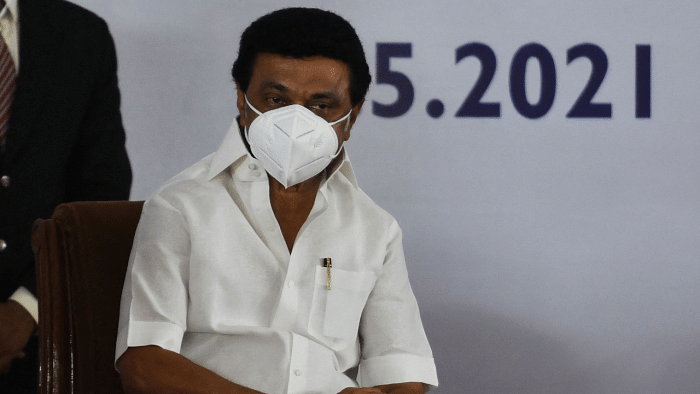
With Tamil Nadu witnessing a sharp increase in the covid-19 cases, the government on Saturday announced clamping a two-week "total lockdown" across the state to curb the spread of the pandemic.
Chief Minister M K Stalin said in a statement that the lockdown was being enforced due to "unavoidable reasons" and pointed out that the decision was taken based on inputs received at a review meeting he had with district collectors on Friday, besides consultations with medical experts.
"The total lockdown will be enforced from 4 am on May 10 to 4 am on May 24," he said.
Read more: Covid-19: Tamil Nadu govt imposes complete lockdown from May 10 to 24
Let us take a look at what is allowed and what is not allowed during the 14-day lockdown in Tamil Nadu.
What is not allowed?
- Intra-district and inter-district public transports are not allowed to ply their traders during the lockdown.
- Also, private transports, cabs, or taxis are banned from operating during this period.
- Shopping complex and malls are to remain closed.
- The government has prohibited TASMAC liquor shops from opening during the lockdown.
- Hotels and lodges will remain closed.
- Cinema halls, bars, auditoriums, recreation clubs, amusement parks, summer camps, sports training academies and also beauty parlours, salons, and spas will remain closed.
- Government offices except those in the forefront of the Covid-19 fight and private offices will remain closed.
- The state government has also ordered temples and other places of worships to remain closed.
What is allowed?
- Courier services are allowed to operate.
- Filling stations will remain open.
- Rations shops, departmental stores, meat shops have been allowed to operate from 8 am to 12 pm.
- Media personnel can move without any restrictions during this period.
- Courts will remain open.
- On-going construction works will be allowed to continue.
- Industries manufacturing essential commodities will be allowed to operate.
- Marriage functions will be allowed with a maximum of 50 members and funerals will be allowed to take place with a maximum of 20 members.
- ATMs and banks will remain open.